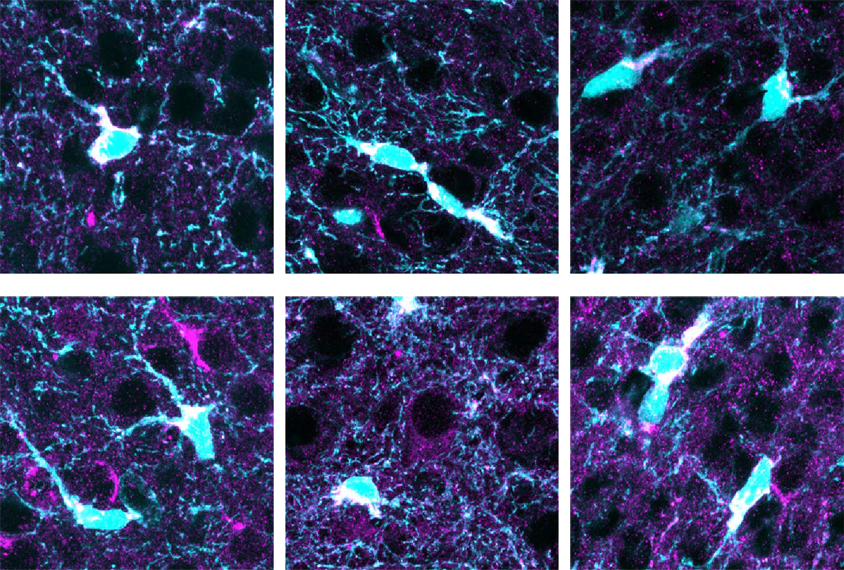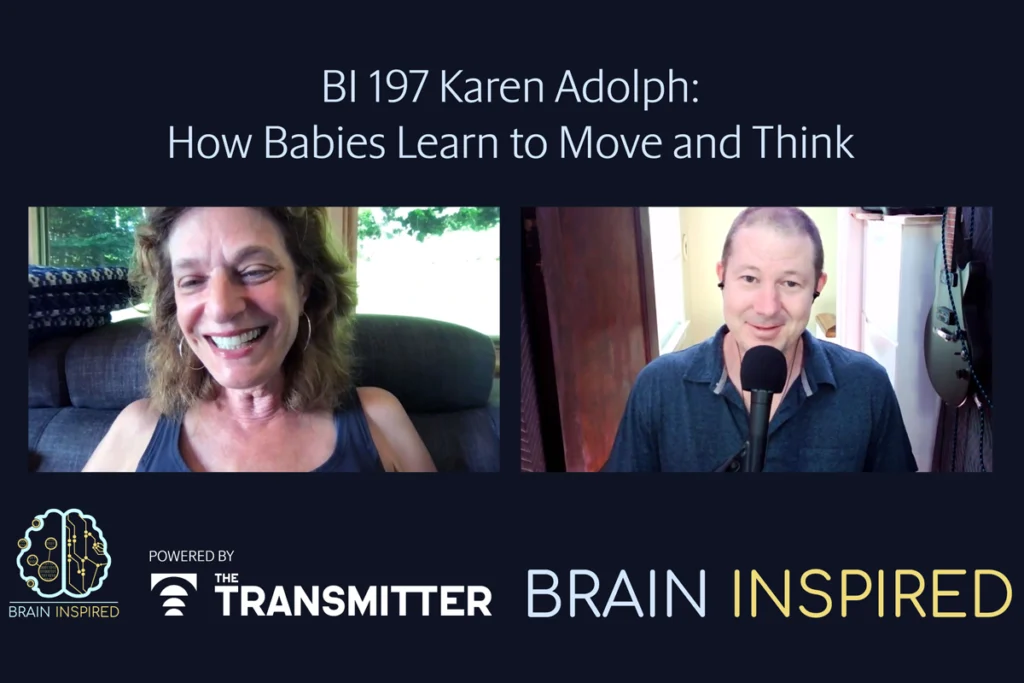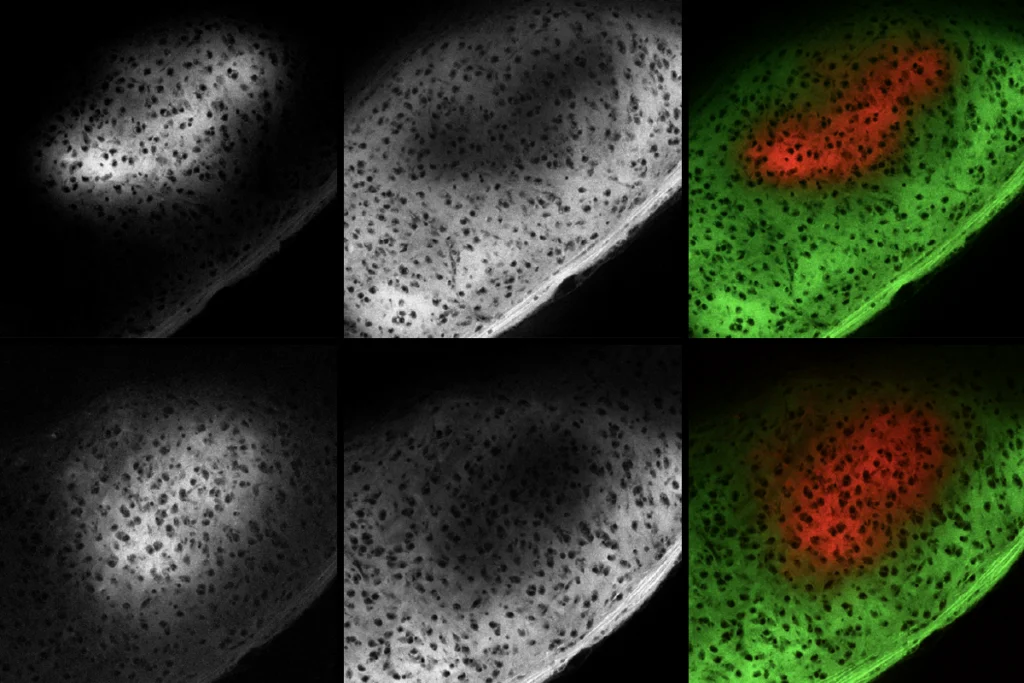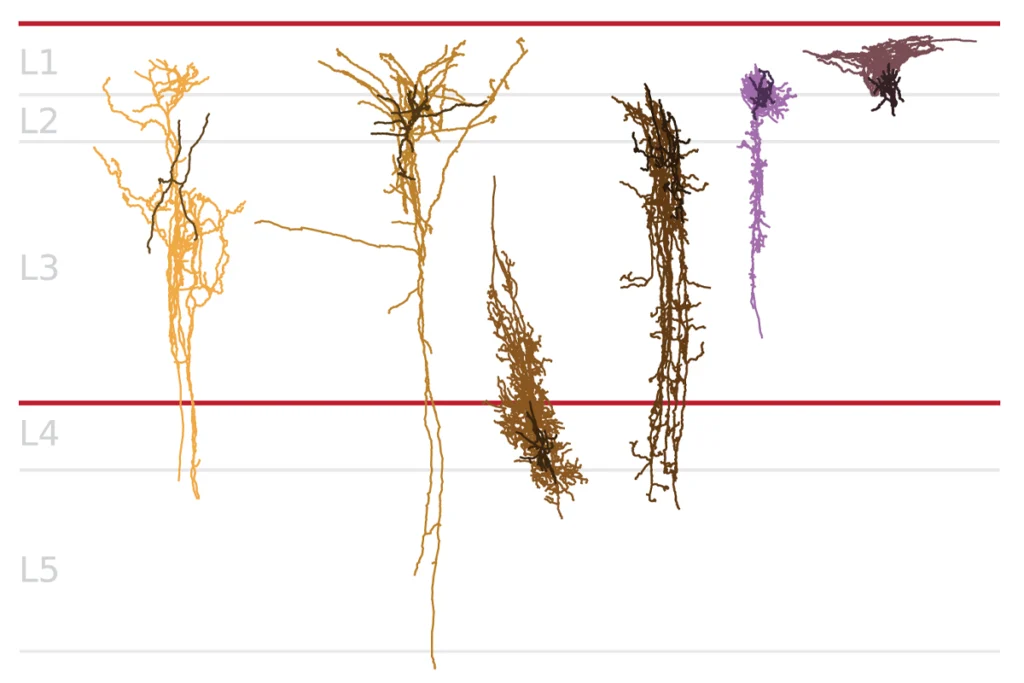Nicola Allen is associate professor of molecular neurobiology at the Salk Institute in La Jolla, California.

Nicola Allen
Associate professor
Salk Institute
From this contributor
How star cells’ secretions may stunt neurons: Q&A with Nicola Allen
Non-neuronal brain cells called astrocytes secrete proteins that seem to hamper the growth of neurons in people with autism-related syndromes. These proteins could be new drug targets, Allen says.

How star cells’ secretions may stunt neurons: Q&A with Nicola Allen
Explore more from The Transmitter
Karen Adolph explains how we develop our ability to move through the world
How do babies' bodies and their environment teach them to move—and how can robots benefit from these insights?

Karen Adolph explains how we develop our ability to move through the world
How do babies' bodies and their environment teach them to move—and how can robots benefit from these insights?
Microglia’s pruning function called into question
Scientists are divided over the extent to which the cells sculpt circuits during development.

Microglia’s pruning function called into question
Scientists are divided over the extent to which the cells sculpt circuits during development.
Early trajectory of Alzheimer’s tracked in single-cell brain atlases
Inflammation in glia and the loss of certain inhibitory cells may kick off a disease cascade decades before diagnosis.

Early trajectory of Alzheimer’s tracked in single-cell brain atlases
Inflammation in glia and the loss of certain inhibitory cells may kick off a disease cascade decades before diagnosis.